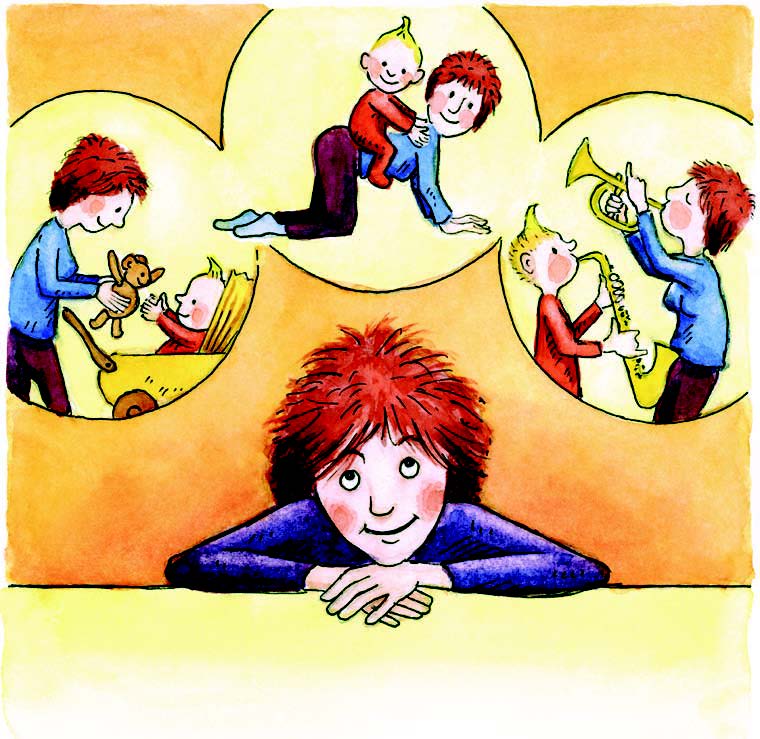Can our child have children of his/her own later on?
Effects of cancer therapy on the patients‘ fertility, family planning
Author: Dr. med. Gesche Riabowol (née Tallen), Editor: Maria Yiallouros, Reviewer: Prof. Dr. med. Ursula Creutzig, English Translation: Dr. med. Gesche Riabowol (nee Tallen), Hannah McRae, Last modification: 2024/04/22 https://kinderkrebsinfo.de/doi/e74055
Can our child have children of his/her own later on? This question applies to both girls and boys after a treatment for cancer, as chemotherapy and radiotherapy may affect fertility adversely in the long-term.
Some of the cytostatic drugs (cytostatics) used in cancer therapy as well as some forms of radiation therapy can have a damaging effect on sperm and eggs and the reproductive organs. Standard chemotherapy rarely has long-term effects on reproductive ability. However, in some patients, it can take months and, sometimes, even years for the gonads to regain normal function after the end of treatment. A stem cell transplantation, however, usually leads to permanent infertility due to the pre-ceding intensive chemotherapy (high-dose chemotherapy) and, in some cases, whole-body irradiation as well.
Male germ cells are usually more susceptible to becoming infertile than female germ cells, because girls are born with all of their eggs, while boys only start to produce sperm when they reach puberty. At this time, the cells are constantly dividing, which makes them more sensitive to external influences. Therefore, chemo- and radiotherapy are typically less damaging when received before puberty rather than during or after puberty. Overall, it is hard to predict how a patient will individually react to treatment.
Good to know:
For male adolescents after the onset of puberty, collecting and freezing sperm (cryopreservation) prior to treatment is an option.
Recently, possibilities have also opened up for female patients of reproductive age to preserve fertility or to enable pregnancies after completion of chemotherapy or radiotherapy.
For children who have not entered puberty yet, there are generally no suitable fertility preservation measures available at present; various methods are experimentally tested in the context of research studies. The attending physician will be able to inform you about the options and contact persons available on site.
Please note, however, that sometimes there is no time for fertility-preserving measures before treatment due to the need for rapid initiation of therapy.
Further information on fertility preservation options and contact addresses can be found at FertiPROTEKT, the German Network for Fertility Protective Measures in Chemotherapy and Radiotherapy.


